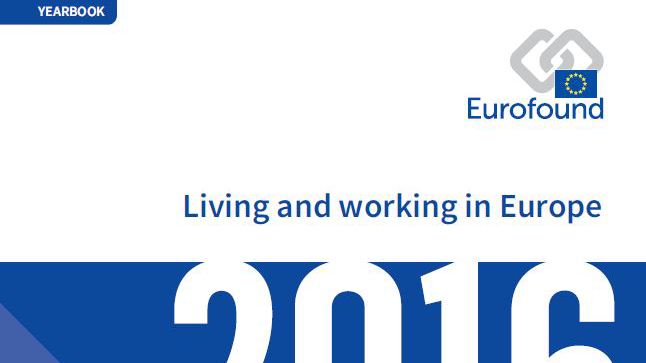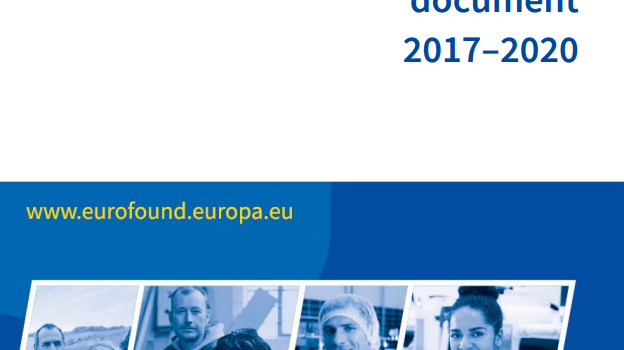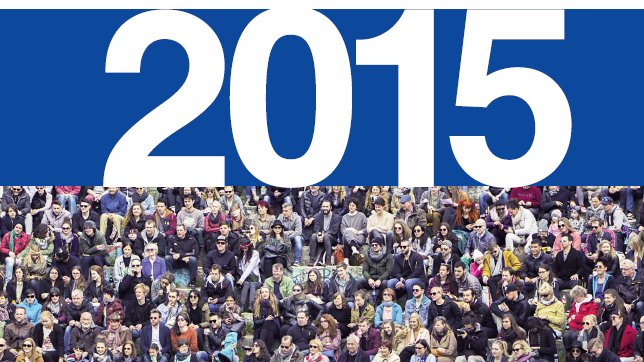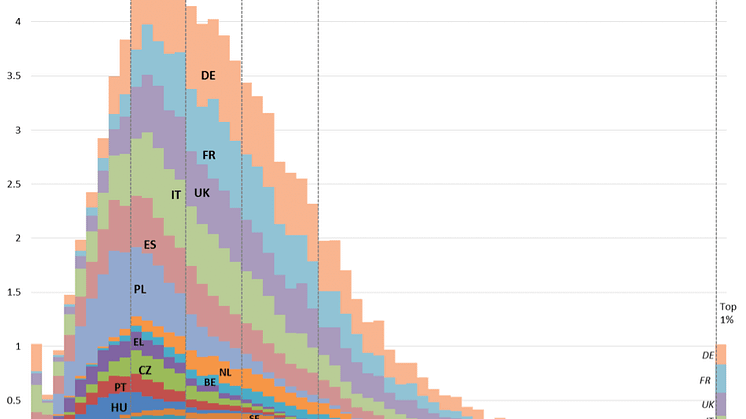
News -
What was it like to live and work in Europe in 2016?
2016 was a landmark year for Europe, both politically and economically. Eurofound's 2016 yearbook shows the latest developments in the work and lives of Europeans, describing trends and transitions in the areas of employment and jobs, workplace practices, working life and quality of life. It also reflects back over Eurofound’s contribution to the policy debate in the previous four-year programming period and looks forward to how ongoing research can inform the discussion on achieving a fair and competitive Europe.
Just a few of the issues highlighted in the yearbook are: the labour market integration of refugees and asylum seekers, which is vital for both their social inclusion and Europe’s economic and political cohesion; the results of the sixth European Working Conditions Survey, which provides an in-depth account of people’s current experience of work in Europe; the gender employment gap, an issue which has a significant economic and social cost to the EU economy; and new forms of employment, which pose challenges and opportunities for both employers and workers.
Eurofound produces a wealth of in-depth material on social, employment and work-related policies; this publication gives you everything you need to know for 2016 in one place.
Download the report: Eurofound yearbook
Interactive highlights: Living and working in Europe 2016
The yearbook will be accompanied by the Consolidated annual activity report of the Authorising Officer for 2016, which is the Agency’s formal reporting on operations, staff and budgets.







